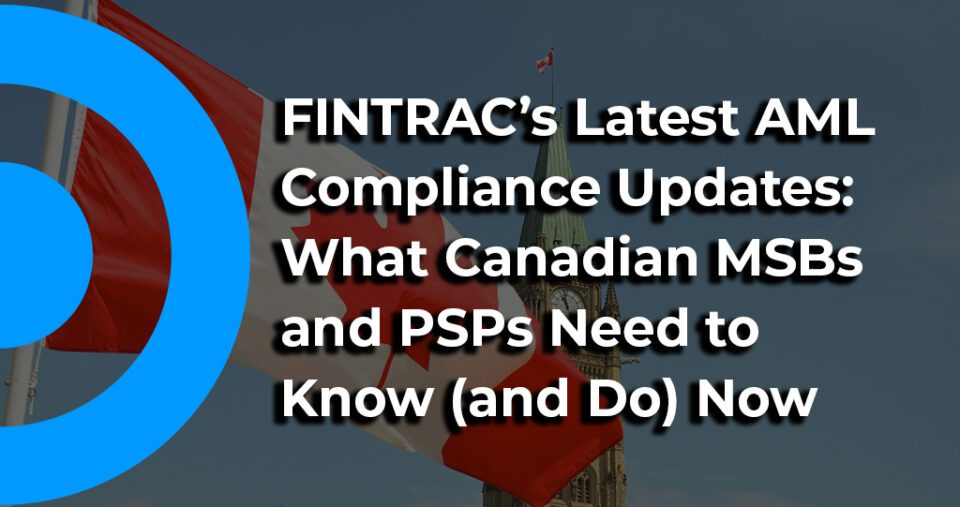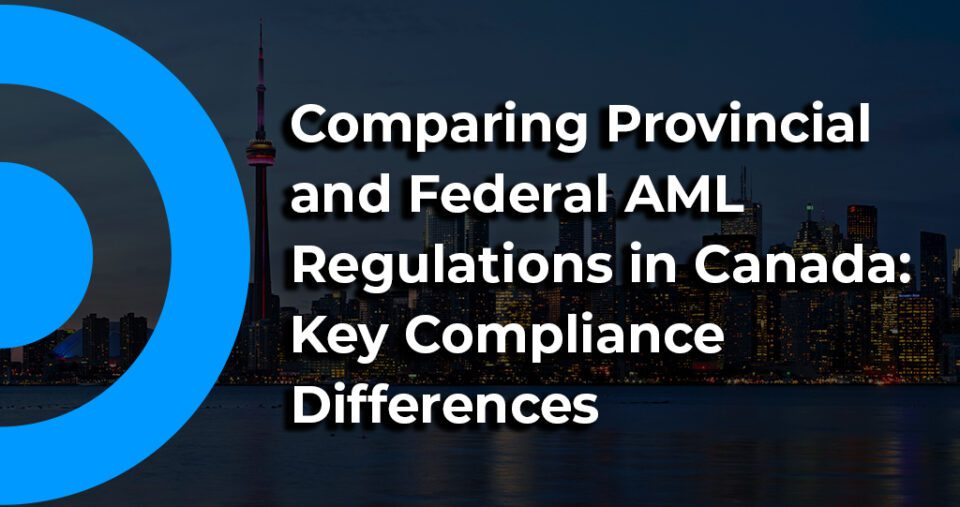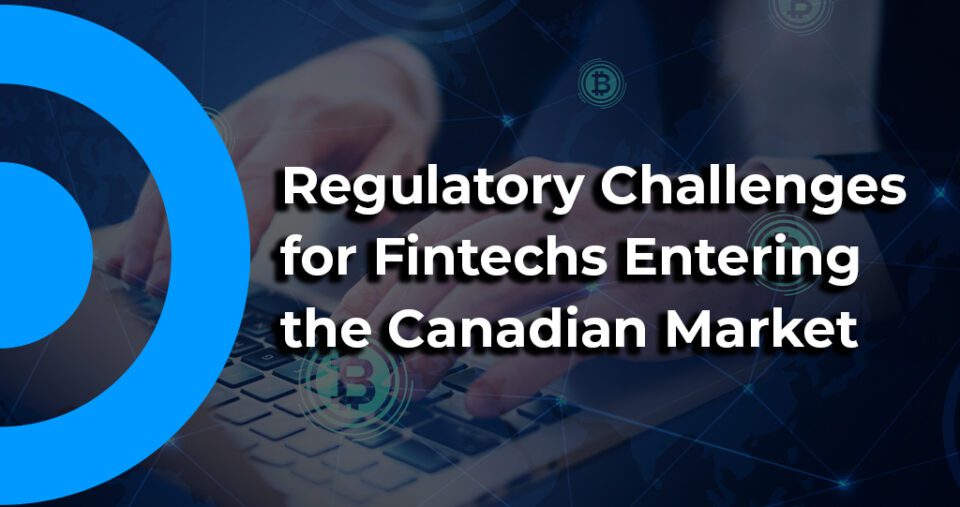
Challenges and Opportunities of Being a Money Service Business (MSB) in Canada
March 4, 2024
SFC License in Hong Kong: Everything You Need to Know in 2024
March 8, 2024Canada Considers Expanding AML/ATF Oversight: What Crypto & DeFi Businesses Need to Know
The financial landscape is evolving rapidly, and Canada is taking action. The government has initiated a consultation process to extend Anti-Money Laundering/Anti-Terrorist Financing (AML/ATF) oversight to emerging technologies like cryptocurrencies and Decentralized Finance (DeFi). Let’s explore the Crypto regulation in Canada and the potential impact.
Background:
Digital currencies and DeFi platforms are booming, offering exciting possibilities. However, these new systems also pose unique challenges for AML/ATF efforts. Governments worldwide are adapting regulations to address these emerging threats.
Canada’s Response:
On January 27th, 2023, the Department of Finance launched a public consultation on extending AML/ATF oversight to emerging technologies. Here are the key objectives:
- Identifying Gaps: Find weaknesses in current regulations that could compromise national security and financial integrity.
- Mitigating Risks: Explore ways to strengthen AML/ATF measures and address identified risks.
- Stakeholder Feedback: Solicit input on proposed changes and potential unintended consequences.
Read more about Fintech in Canada– Apply for Fintech/MSB Registration Today
Potential Changes:
While specifics are subject to discussion, the consultation document hints at oversight for various aspects of the Crypto regulation in Canada’s ecosystem, including:
- Cryptocurrency exchanges and trading platforms
- DeFi protocols and platforms
- Non-fungible token (NFT) marketplaces
- Digital wallet providers
- Virtual Asset Service Providers (VASPs)
Impact on the Financial Industry:
Expanding AML/ATF oversight will bring significant changes:
- Increased Scrutiny: VASPs and affected entities will face more compliance checks.
- Enhanced Transparency: Virtual assets and transactions will be more traceable.
- Stronger Collaboration: Regulators, law enforcement, and the private sector will work closer together.
- Improved Consumer Protection: Fraud and scams will be easier to combat.
- Disrupted Illicit Activities: Tracking and disrupting criminal activities involving virtual assets will be enhanced.
Benefits and Drawbacks:
There are both advantages and challenges to consider:
- Benefits: Increased regulation can boost investor confidence, reduce crime, and promote broader adoption of virtual assets.
- Drawbacks: Critics argue overly strict regulations could stifle innovation and hinder participation in the crypto economy.
Conclusion:
Canada’s move to expand AML/ATF oversight to emerging technologies signifies a commitment to a secure and innovative financial system. While details are still under discussion, the consultation period allows stakeholders to shape the future of AML/ATF regulation in Canada.
Stay Informed and Engaged:
At PayCompliance, we encourage you to stay informed and participate in the ongoing discussion. Learn more about the potential impacts and benefits of Crypto regulation in Canada
References:
1. Department of Finance Canada. (January 27, 2023). _Public Consultation on Amendments to the Proceeds of Crime (Money Laundering) and Terrorist Financing.Act_. Retrieved from
https://www.budget.gc.ca/2023/docs/plan/chapters/chapter_13-eng.html
2. Global Affairs Canada. (June 24, 2022). _Anti-Terrorism Act_. Retrieved from
3. Office of the Superintendent of Financial Institutions Canada. (October 28, 2022). Guidelines for Virtual Currency Dealers_. Retrieved from



